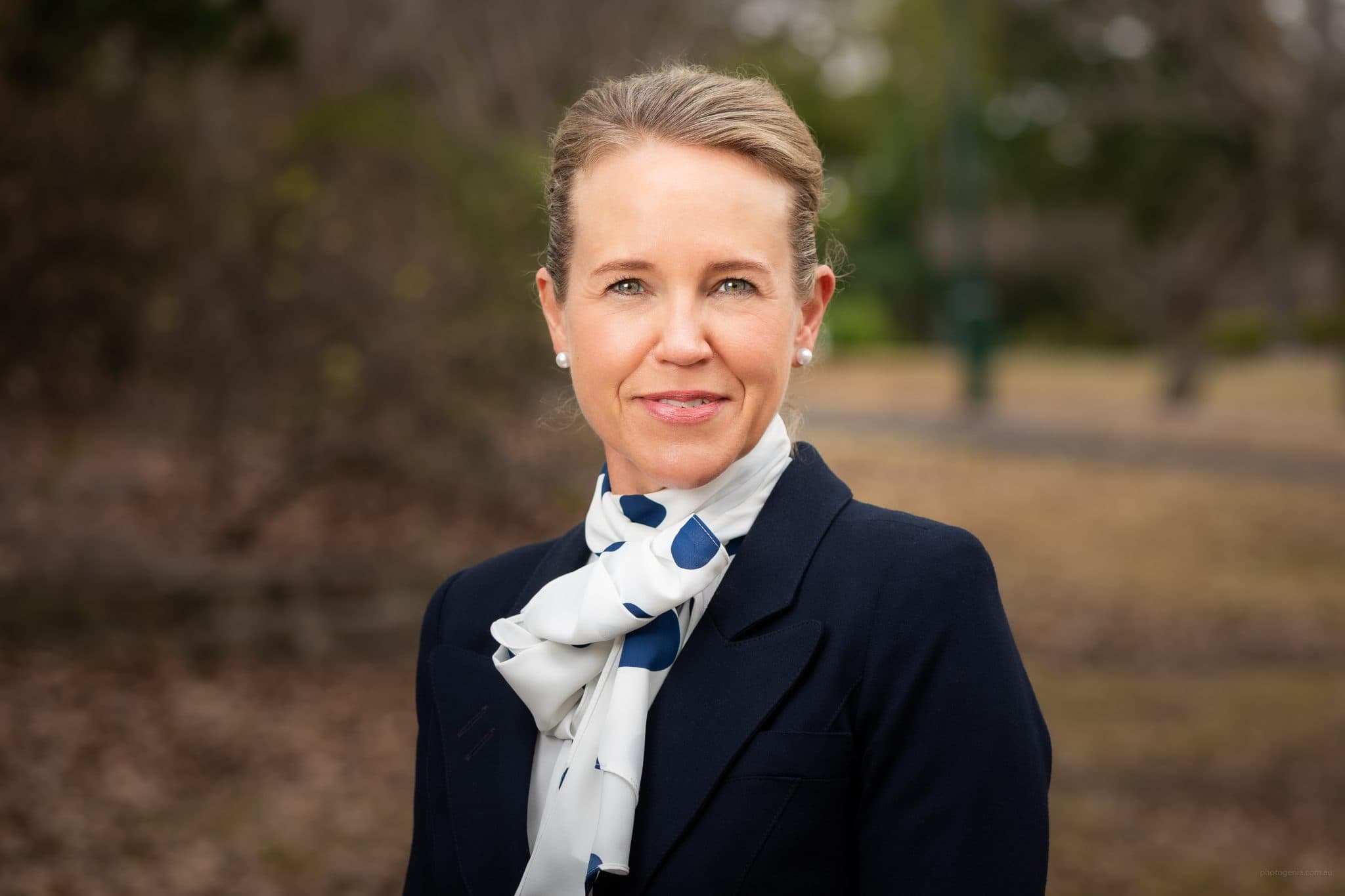My name is Barb Madden and I was the National Rural Women’s Award Runner Up in 2009 and the State winner for Queensland. I am co-owner and Chief Financial Officer of the Smithfield Cattle Company, a large inter-generational family-owned agricultural business specialising in backgrounding and lot feeding cattle. At the time of my involvement in the RWA, I was also the Chief Financial Officer for the Cherbourg Aboriginal Shire Council, and a then graduate of the Australian Rural Leadership Program. I have always been committed to primary industries, my community and the role of rural women and improving the liveability of rural women wherever they call home.
My project was a unique one for many reasons. I devised an initiative called the Beef Industry Indigenous Alliance (BIIA), which created national partnerships between Indigenous beef producers and key supply-chain sectors through the development of a commercially sustainable cattle-feeding and training business model.
I conducted a pilot program between the Cherbourg Aboriginal Shire Council, the Indigenous Land Corporation (ILC) and my own business, Smithfield Feedlot, forming industry partnerships and providing onsite training throughout the beef supply chain. Cherbourg and ILC cattle were brought to Smithfield Feedlot for fattening. Indigenous workers observed the feedlot processes and underwent on–site training. They followed the progression of the cattle through the abattoir to the supermarket and gained an understanding of the complete supply chain. I think it would be called “paddock to plate” now but back then it was a novel idea.
It was a learning process for everyone involved. It made sense to me to bring Indigenous organisations and their people who were managing vast grazing land and cattle herds and train and connect them with key stakeholders along the beef supply chain. There were commercial gains for every party involved along the supply chain.











